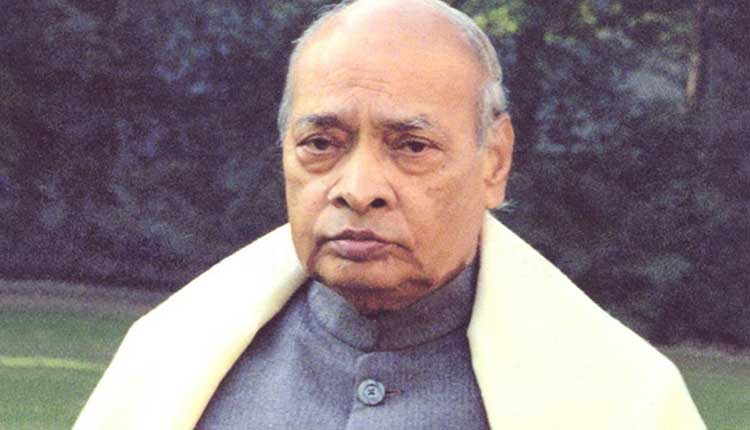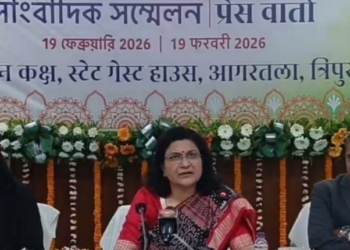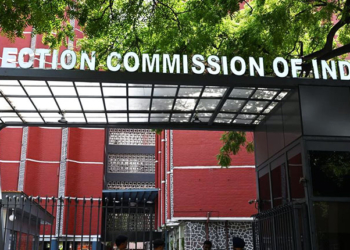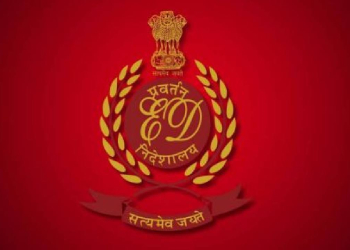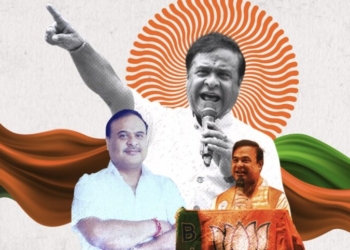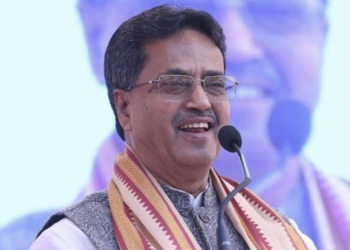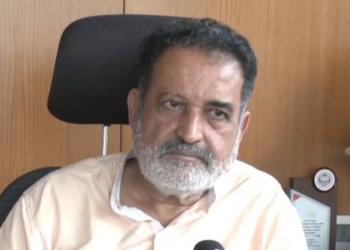Hyderabad: Ushering in economic reforms and steering India out of economic crisis by integrating the country with global market remains the single biggest achievement of Pamulaparthy Venkata Narasimha Rao, who was posthumously conferred with the highest Indian civilian award, Bharat Ratna, on Saturday.
The first and only Telugu Prime Minister, he also has the distinction of being the first Prime Minister outside the Nehru-Gandhi dynasty to complete a full five-year term.
PV, as the late leader was popularly known, earned a niche for himself in the state and national politics as a scholar-politician, a polyglot and an astute strategist.
He had served Congress at various levels and became the Chief Minister of combined Andhra Pradesh in 1971. He rose to national prominence, held several key portfolios including External Affairs and Home, and was credited with drafting the new education policy.
The services of PV, who was disowned by his own Congress party and was allegedly humiliated even in his death, got due recognition after formation of Telangana state with the new state’s first Chief Minister K. Chandrasekhar Rao invoking the legacy of ‘Telangana bidda’.
Born on June 28, 1921 in Vangara village in Karimnagar district (now in Telangana), PV also served as a Union Minister.
PV, who was elected to the Parliament in 1972, held several Cabinet posts under Indira Gandhi and Rajiv Gandhi including Foreign Minister from 1980 to 1984. Described as ‘political Chanakya’ by many, PV managed to complete the full term despite being just short of a majority in Parliament. He, however, had to face the allegations of political manipulations to stay in power. He had the dubious distinction of being the first to face criminal charges and accusations in and out of the top office. He was cleared in all the three cases he faced trial in before his death.
PV has many firsts to his credit, first PM from South India and the first out of the Nehru-Gandhi dynasty to complete a full term. “He succeeded in getting support from the Left and Right at different points for different reasons. He was unparalleled in linguistic plurality in true Indian spirit and brought local governance reforms,” recalls political analyst Telakapalli Ravi.
“On the flip side, allowing Babri Masjid demolition and luring MPs for support tainted his image, though he was absolved later,” he said.
PV also had the distinction of becoming the first Chief Minister of the united Andhra Pradesh (1971-72) from the Telangana region after the violent Telangana movement of 1969-70. He, however, had a disastrous tenure as the Chief Minister. It was after moving to national politics that PV’s services began to get recognised. However, the big moment for him arrived at almost the fag end of his political career.
There is a popular perception that despite his immense contribution to transforming the economic landscape of the country through a set of bold reforms, PV was not given the pride of place by the Congress leadership.
PV died on December 23, 2004, when Congress was in power at the Centre and in the combined Andhra Pradesh.
The Congress leadership reportedly refused to perform final rites in New Delhi and insisted that the body be sent to Hyderabad.
After forming the first government in the newly created Telangana state in 2014, Chandrashekhar Rao decided to celebrate PV’s birth anniversary as a state event.
The birth centenary celebrations organised by the Telangana government in 2020 brought the spotlight back on the architect of India’s economic reforms.
The year-long celebrations were organised by KCR’s government despite objections from his friendly party All India Majlis-e-Ittehadul Muslimeen (AIMIM), which despises PV for failing to protect Babri Masjid.
KCR also fielded PV’s daughter Surabhi Vani Devi in the elections to Telangana Legislative Council from Mahabubnagar-Rangareddy-Hyderabad Graduates’ Constituency in 2021. She became the first member from PV family to be elected to Telangana.
Narasimha Rao’s eldest son P.V. Ranga Rao had served as minister in undivided Andhra Pradesh.
A Congress leader, he served as Education Minister in the cabinet of Kotla Vijaya Bhaskara Reddy (1992-94).
He was twice elected to the Andhra Pradesh Assembly from Hanamkonda in Warangal district of Telangana region. He also served as a member of the Legislative Council.
Narasimha Rao’s other son Rajeshwar Rao was elected to Lok Sabha from Secunderabad in 1996.
KCR had been in the forefront in demanding Bharat Ratna for PV. In 2020, Telangana Assembly had passed a resolution, urging the Centre to confer Bharat Ratna on the late leader.
While moving the resolution, Rao had described Narasimha Rao as a statesman, intellectual par excellence and a multi-linguist, crediting Rao with introducing modern economic reforms and paving the way for making India one of the largest economies in the world.
“Only two leaders turned India’s modern history. One was Jawaharlal Nehru, the architect of modern India, and the second one was P. V. Narasimha Rao who was the maker of global India,” he said.
On February 9, when the Centre decided to confer Bharat Ratna on PV, KCR hailed the it as an honour for the people of Telangana.
Vani Devi had said that this will further enhance the award’s value. The MLC said that though there was delay in conferring the highest civilian award on Narasimha Rao, they were happy that it was finally announced.
She said that people were the first priority for her late father. “He believed in finding permanent solutions to the problems. It may be human resources, economy or foreign relations, he always looked for permanent solutions,” she said.
The MLC thanked Prime Minister Narendra Modi for rising above politics to confer Bharat Ratna on Narasimha Rao.
(IANS)




